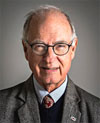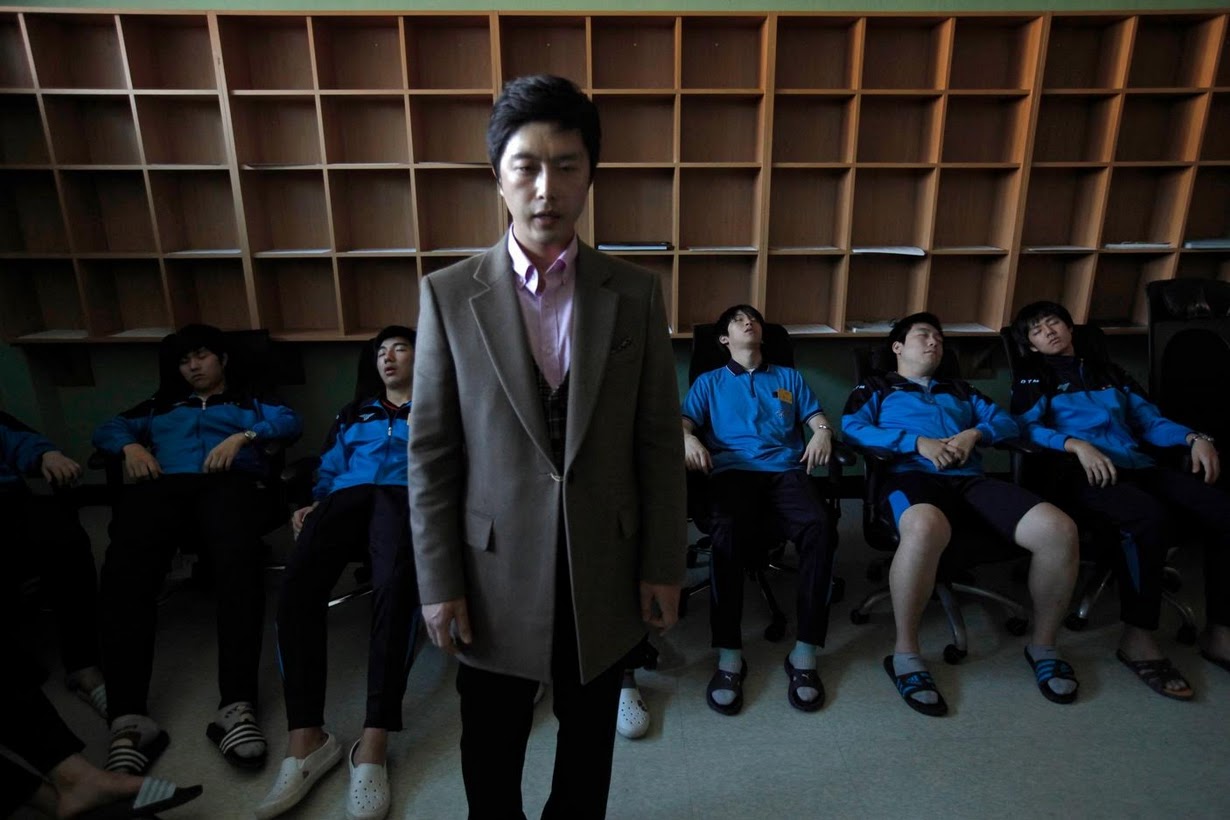Special to WorldTribune.com
 By Donald Kirk
By Donald Kirk
SEOUL — The aftershock of the great Pohang earthquake in South Korea has been dramatic, intense, and controversial.
That’s a reference to the abrupt cancellation of the greatest event in the lives of thousands of Korean high school students, namely the examination that all of them have to take, at exactly the same time, to get into a university.
The earthquake itself, while destructive, thankfully did not result in the tragic loss of human lives. A few dozen people sustained injuries, but miraculously nobody was crushed to death by cascading buildings, sudden holes in roads and highways or falling debris, including trees and boulders. About 1,500 families were evacuated from their homes but should be returning quite soon now that the region has gone through a series of milder aftershocks.

If the industrial port city of Pohang, on South Korea’s east coast, escaped the worst of the quake, however, the entire country was thrown into a tizzy by the chaos of the cancelled examination.
Parents and students alike wailed in misery over the anti-climax of having prepared madly and endlessly for this examination, which will determine the future of tens of thousands of young people. They were only partly consoled by the announcement from the education ministry that the exam had been postponed for only a week. Don ‘t worry, was the message, you will still have your day to win or lose, rise or fall, in the great rat race of “examination hell.”
The storm over cancellation and then postponement of the exam raises serious questions about Korean life, the emphasis placed on this and other examinations and the status system under which universities are mysteriously rated, in the popular mind, from superbest, that is, Seoul National University, to next tier, including Korea and Yonsei universities, to a tier of several more below that, and so on and on.
Yet another question is whether such an examination can really test creativity, imagination, intellectual curiosity and concerns. Who knows if the top-scorers in the 200-question exam really have the qualities that will make them truly brilliant on an interantional stage? Can anyone say if the exam tests the power to invent and innovate or if there is room for those who deserve encouragement but may not do that well on tests.
Academic analysts often criticize Korean universities for falling short in terms of original research. Nobody from Korea has won a Nobel Prize for scientific achievement or for economic ideas. Korean universities generally rank well below the global leaders in science and engineering.
Nor has anyone from Korea won a Nobel prize in literature. That’s extremely regrettable since Korea does have some top writers. All of them are writing in the fairly obscure Korean language, which has to be be translated before the Nobel prize people in Stockholm can even consider their work..
In fact, Korea’s only Nobel prize-winner to date is the late President Kim Dae-Jung, who won the peace prize in 2000 after going to Pyongyang to meet the late Kim Jong-Il in the June 2000 summit. The peace prize, decided upon in the Norwegian capital of Oslo, not in the Swedish capital of Stockholm, was for DJ a crowning achievement for which he had been nominated a dozen times before suddenly getting it as a reward for his pursuit of North-South reconciliation.
Students and parents shaken by postponement of this year’s exam might take solace in knowing that Kim Dae-Jung never went to college. He did take courses during his long years as a dissident politician, and he won a number of honorary doctorates and other degrees even before his election as president in December 1997, but basically he showed that it’s possible to rise to the heights without a university degree and without working for a top company.
Koreans might ask, however, what other way is there to judge candidates fairly and equally than to have all of them take the same universal exam. That’s a valid question. It has to be revealing for students to see how they measure up against all the people at their age and educational level.
Americans, and students in other countries, puzzle over this type of question as well. The universal examination taken in Korea is not unlike the famous SAT or Scholastic Aptitude Test that millions of young Americans take every year. It’s a major consideration in deciding where a young person is going to go to college, but there are other ways of judging as well, including grades, interviews and letters of recommendation.
No system is going to be fair completely. Young Americans have numerous options, including two-year community colleges that can get them going toward a four-year degree. State universities are often, but not always, easier to get into than Ivy League universities or their equivalents.
Koreans, of course, have many options too. Some critics complain that there are too many colleges in Korea, that too many young people are trained for work for which there are simply not enough openings. Graduates of colleges often have to take jobs that do not measure up to the educations they received. Youth unemployment is a critical factor contributing to unrest — and the forces that coalesced around the Candlelight Revolution, the ouster of Park Geun-Hye and the rise of Moon Jae-In as president.
